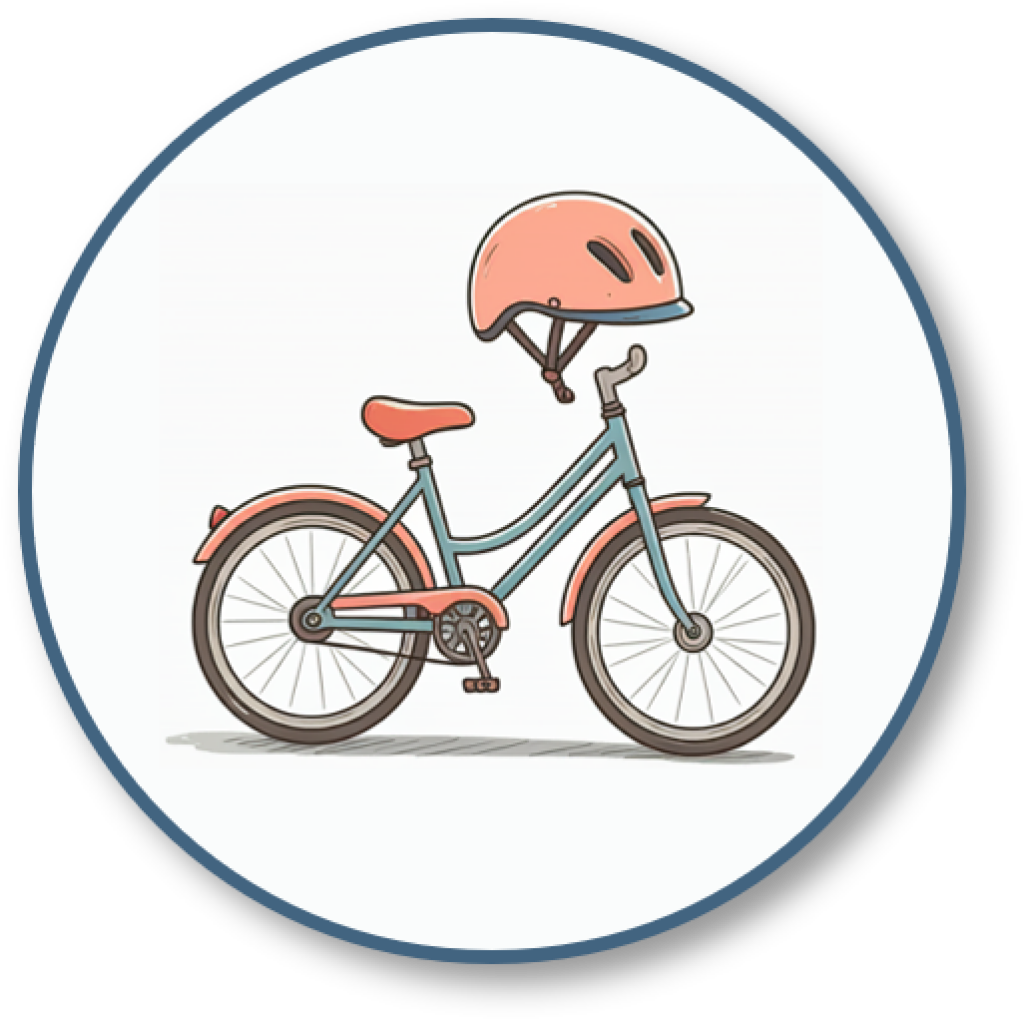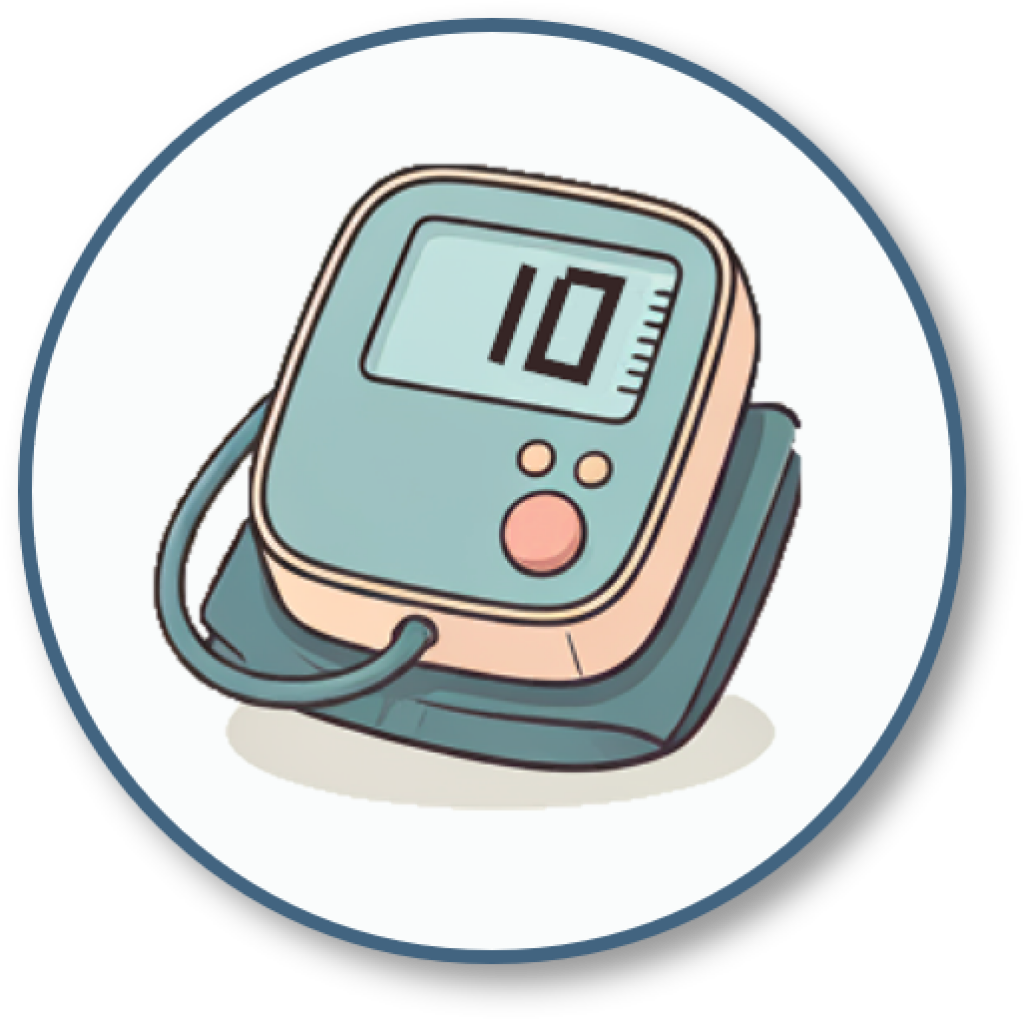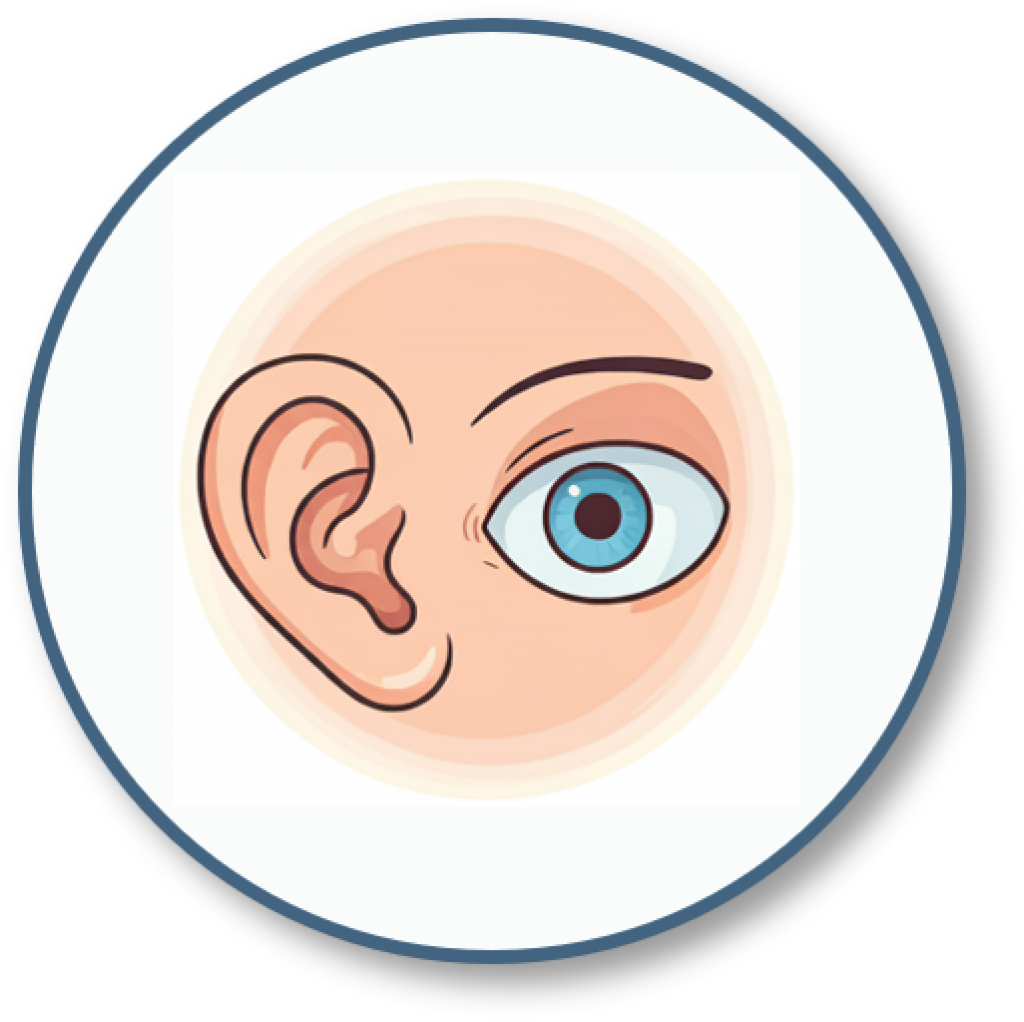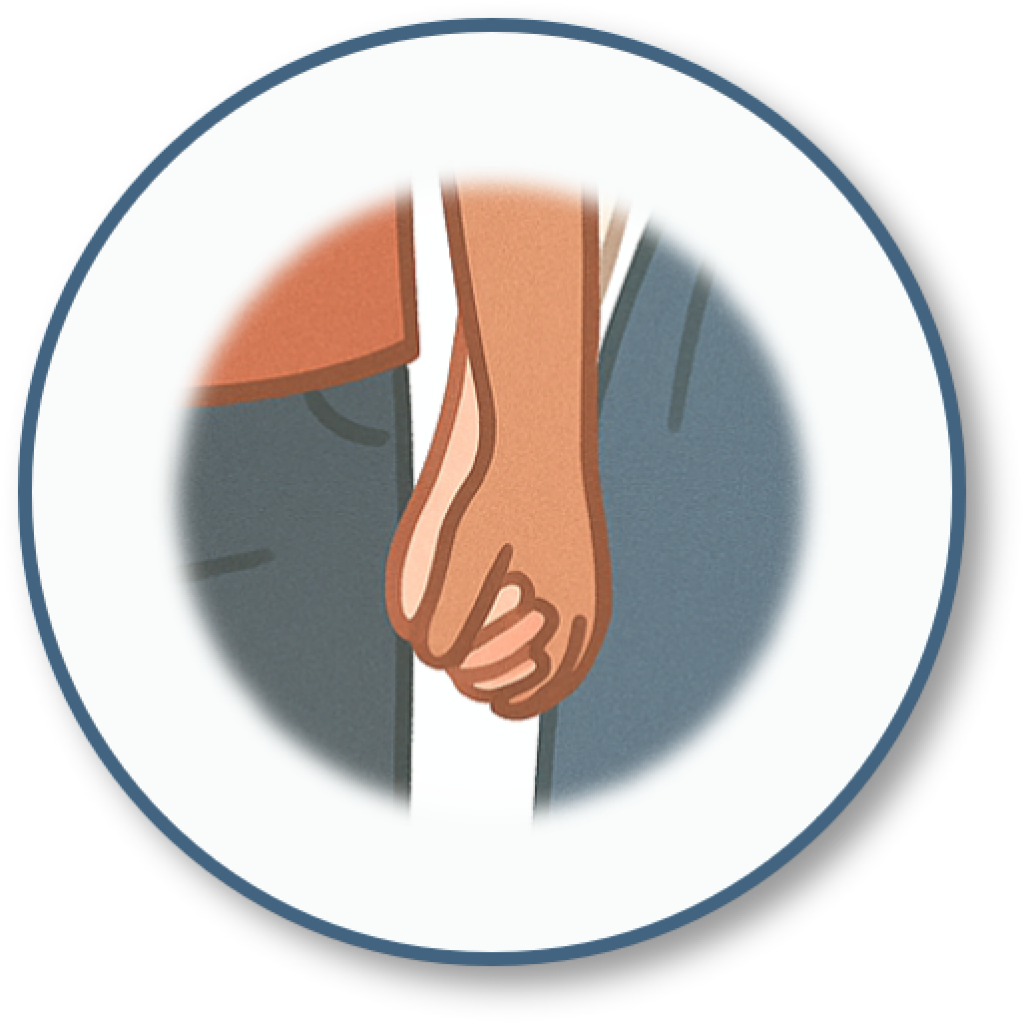Did you know that you can reduce your risk of developing dementia?
The risk of developing dementia is influenced by various factors, with several of them being modifiable by the actions we take on a daily basis. On this page you can learn more about what actions you can take to reduce your risk.
Stay mentally active
Do you enjoy a challenge? Like a muscle, our brain needs regular exercise to stay strong and healthy. To protect our cognition, it’s essential to engage in stimulating activities and practice continuous learning. Need ideas? Think about what challenges bring you joy— solving puzzles and playing games? exploring new places? learning new things? organizing your belongings? Learn a new recipe using new ingredients? what about joining a book club or enrolling in a language course?
Keep moving
Regular aerobic exercise is essential for keeping both body and mind healthy, and numerous studies show it reduces the risk of developing dementia. When was the last time you were active? Do you enjoy swimming, cycling, or even just a walk in the park? How about taking the stairs instead of the elevator? No matter your physical condition, find an activity that suits you and make it part of your routine—invite friends or family to join in! And don’t forget, if you cycle or play contact sports, always wear a helmet to protect your brain from any impacts. So, keep moving, but do it safely!
Monitor your health
Monitoring your health is key to reducing dementia risk. Maintaining healthy blood pressure, cholesterol, and blood sugar levels plays an important role in protecting both heart and brain health. Regular check-ups with your healthcare provider can help ensure these indicators stay within a range that’s right for you. When was the last time you checked these vital health indicators? Schedule an appointment with your healthcare provider to assess your current status and explore ways to keep these key factors within a healthy range.
Protect your senses
Our senses, such as hearing and sight, are our windows to the outside world. By keeping these “windows” open, we ensure that our brain receives the input it needs to stay healthy. Therefore, screening for vision and hearing loss, using hearing aid and glasses when needed, decreasing harmful noise exposure and protecting our eyes, are good ways to maintain cognitive function and reduce the risk of mental decline, ensuring that our brain stays engaged and stimulated.
Connect with others
The human brain is an amazing machine developed to work in a social context. We need to interact with each other to stay cognitively healthy. Visit your friends and family, join local communities, meet new people and make new friendships. It can be as simple as talking to your neighbours or just the person next to you in line. Do it for them and for you!
Lead a healthy lifestyle
Taking charge of your health today can help reduce the risk of dementia and other diseases. Smoking significantly harms cognitive function and overall brain health, while even continuous low levels of alcohol consumption can have adverse effects on brain health over time. But here's the good news: it’s never too late to make a change!
Talk to your doctor for guidance, set achievable goals, and take the first steps towards a healthier lifestyle. Your brain — and your future self — will thank you!
Download the leaflet
Latest news

News
☝️Finger-Prick Blood Test Could Revolutionize Early Alzheimer’s Detection
A single drop of blood may soon help identify Alzheimer’s disease - even before symptoms appear. Researchers from the PREDICTOM study are exploring a simple, cost-effective finger-prick test that measures a breakthrough biomarker called p-Tau217, offering hope for earlier and more accessible screening. The finger-prick test is included in PREDICTOM Level 1 clinical study.

News
📱BrainCheck and the Future of Brain Health: Making It Simple
What if checking your brain health was as easy as a quick test on your phone or tablet? For millions worried about memory slips, that could be life-changing. Thanks to BrainCheck, this isn’t a dream—it’s happening now.

News
🏧Banking on Brain Health: How a Simple App Could Support Early Detection of Cognitive Decline
Could forgetting a PIN be more than a simple slip? Scientists behind the Banking App believe that subtle changes in how we handle financial tasks may signal early cognitive decline, including Alzheimer’s disease. By simulating ATM interactions, the app captures detailed performance metrics—such as speed, accuracy, and error patterns—that researchers use to study functional changes before traditional symptoms appear.






